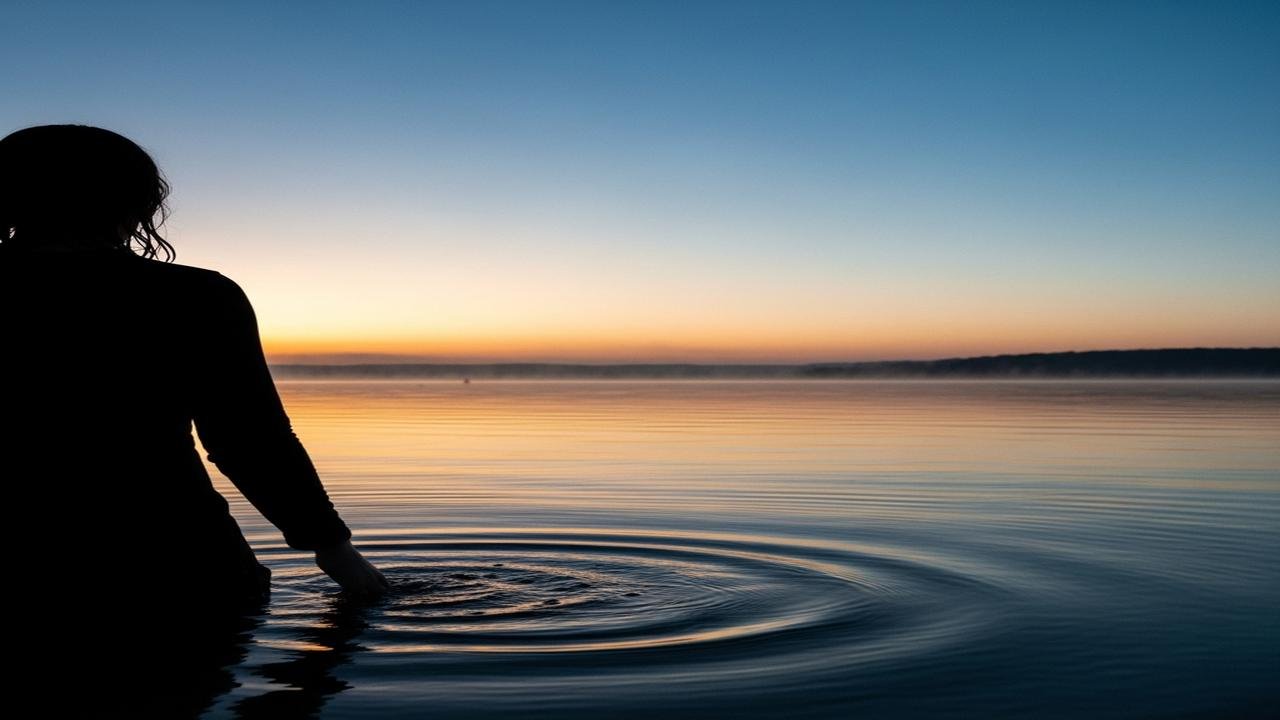Why Hindus Bathe Before Sunrise The Hidden Reason

Why Do Hindus Bathe Before Sunrise?
There is a gentle hush in the early morning when most of the world still sleeps. In many Indian homes the day begins with soft footsteps, the clink of a brass lota, and the warm ritual of a pre-dawn bath. This simple act carries layers of meaning—practical, cultural, and deeply spiritual.
Imagine being a child, held by an elder as you step out into the cool air. They tell you to wake up before the sun, to sit quietly for a moment, and then to wash. In those small instructions lies an ancient rhythm that taught generations how to live with nature’s cycles.
Brahma muhurta, the sacred hour roughly one and a half hours before sunrise, is often cited as the best time for spiritual practices. The world is calm, the mind less cluttered, and the senses restful. Bathing at this time is not only about cleanliness; it prepares the body and mind for prayer, meditation, and the work of the day.
Purity of body and mind
Water in Hindu thought is more than a cleansing agent. It is symbolic of purity and renewal. When we bathe, we wash away physical dust and the mental residues of sleep—drowsiness, scattered thoughts, and lethargy. Ritual bathing becomes a way of resetting, allowing the heart and mind to become receptive to devotion and clarity.
Sun and sacredness
The rising sun is worshipped in many Hindu traditions as the dispeller of darkness and ignorance. Bathing before sunrise is an act of greeting the new light with a pure body and focused heart. The cool morning air, the first rays of the sun, and the sound of birds together create a natural altar. In this moment, we open ourselves to gratitude and to the daily miracle of life.
Connection with rivers and temples
For centuries, rivers such as the Ganga, Yamuna, and Godavari have been central to Hindu ritual life. Early morning dips at river ghats are acts of devotion and community. In festivals like Kumbh Mela or Makar Sankranti, millions bathe at dawn together, sharing a sense of renewal and belonging. Temple routines too often begin with priests bathing before performing worship, underscoring purity in service.
Discipline and rhythm
Waking for a morning bath cultivates discipline. It aligns daily life with a gentle rhythm rather than the rush of modern schedules. This discipline supports other practices—chanting, yoga, or study—and teaches reverence for time. In a world of constant distraction, the discipline of the dawn is a quiet rebellion in favor of presence.
Health and modern benefits
Beyond symbolism, there are practical advantages. Early-morning routines often lead to better sleep patterns, clearer thinking, and physical well-being. Cold or warm water at dawn stimulates circulation and awakens the senses. For many city-dwellers, maintaining this habit links them back to ancestral wisdom while offering modern health benefits.
Stories and home
Families pass down small stories: a grandmother telling of river mornings, a father teaching a child to sip water and offer a prayer, neighbors greeting each other after their morning ablutions. These memories weave a cultural fabric that keeps traditions alive without forcing them. The pre-dawn bath becomes a gentle ceremony of belonging.
How to bring this into your life
- Wake a little earlier, sit quietly for a few minutes, and offer thanks for the new day.
- Use water mindfully—wash as a ritual of letting go rather than a hurried chore.
- Combine your bath with a short prayer, mantra, or breath practice to center the mind.
- If visiting a river or temple is possible, join community rituals to feel the shared devotion.
Bathing before sunrise is a tradition that gently nudges us toward purity, discipline, and wonder. It is a simple practice that bridges the practical and the sacred, connecting everyday life to something larger and luminous.
Conclusion: Take a moment tomorrow to wake before the dawn. Let the coolness of the morning and the purity of water remind you that each day is a new beginning—an invitation to live with devotion, presence, and gratitude.
